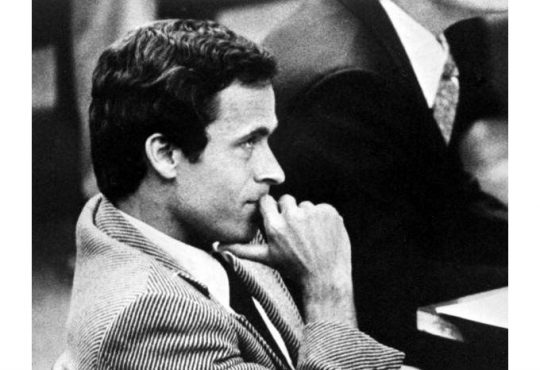Tim Schafer needed money to make a game, so he asked the internet to help him out a bit. In eight hours he had reached his goal—$400,000. In 48 hours, he’d made a million dollars.
“This is not a cute, quick little game anymore,” his most recent update on Kickstarter reads. “This is the real deal. This is a capital-G Game.“
The “Double Fine Adventure” is a groundbreaking project from Double Fine Productions, home of industry darling Tim Schafer and adventure-game godhead Ron Gilbert, creator of the seminal Monkey Island.
Schafer, the crooked mind behind such classics as Psychonauts and Day of the Tentacle, hoped to revive the graphic adventure game—the point-and-click genre that peaked in the successes of 1993’s Myst and Gilbert’s Maniac Mansion before declining in popularity by the late 90’s.
Schafer foresaw difficulty in pitching his project to producers, who might see the genre as antiquated and impossible to market. So he turned to the public: Double Fine would make the game for any fans willing to fund it, would mold development to public discussion, and to top it all off, they would have the whole process filmed (by Two Player Productions, of PATV fame) and uploaded online as a serial documentary available to backers of the project.
On Feb. 8 Double Fine set up a Kickstarter account to raise money for the game. In 8 hours’ time their goal—$400,000 pledged—was reached, and the point was made that interest (and capital) was abundant.
Kickstarter.com is the most popular online platform for crowd-sourced funding—a content-creator posts a statement of intent, sets a goal total for donations and usually provides incentive, material and otherwise (active involvement in development, for example), to encourage backing.
Notable Kickstarter successes include the Elevation iPhone dock, which was the first project to pass the $1 million mark—just a few short hours later and only two days after its inception, the Double Fine Adventure would go roaring past that record and on towards $2 million, a landmark they they would breeze past on Feb. 20.
With the characteristic geniality that so readily endears him to fans, Schafer has faithfully responded to the public’s tweets and emails, all while maintaining his snarky commentary on the fundraiser’s meteoric progress—Schafer tweeted on Feb. 9: “$955k! Guys, I’ll make you a deal. If we hit $980k I’ll add RTS [real-time strategy] elements to the game! And if we hit $1M, I’ll take them back out!”
The project, while already off the ground and soaring, will be open for financial backing until March 13. Donors receive rewards based the size of their pledge, which range from a DRM-free download of the game and access to the serialized documentary (for the basic pledge of $15) to soundtracks, concept art, signed posters, inclusion in the game credits or even, for pledges of $10 thousand or more, lunch with Tim and Ron, a tour of the studio, and “more big rewards.” (Hurry though, because 2 of those 4 lunches have already been snagged.)
Outfitted with such generous support, Double Fine has been breaking all sorts of records: not just the highest-grossing Kickstarter project to date (with over $2.2 million raised and 16 days to go at the time of this writing), it is also the fastest growing and boasts more backers (over 65 thousand) than any other project on the site.
More than that, though, Double Fine has shot down some nigh-universally-held assumptions about the gaming industry. For starters, the graphic adventure is not dead, and its fans are as numerous as they are generous.
But on top of that, they’ve proved that gamers, too often painted as despondent couch potatoes, are more than willing to take action for the developers who view them as more than passive consumers, the developers who seek to elevate their medium, not their bottom line.
Not every developer will be able to rely on Kickstarter as a viable source of funding—Schafer’s is certainly a special case, and bolstering his appeal is a powerful nostalgia two decades in the making. But that nostalgia is nevertheless representative of a quantifiable demand, and as Double Fine’s success (and other pay-what-you-want projects like the Humble Indie Bundle) has proven, even the most modest answers to the wishes of the vocal gaming community can garner phenomenal support.
Regardless of its implications and whether it sinks or swims, the Double Fine Adventure is an experiment worth keeping an eye on.
“For anyone interested in the inner workings of the game industry, this project will be a landmark in exploring the art of development,” Double Fine writes on their Kickstarter. “For people that just love great games, this is an opportunity to help bring one to fruition.”






